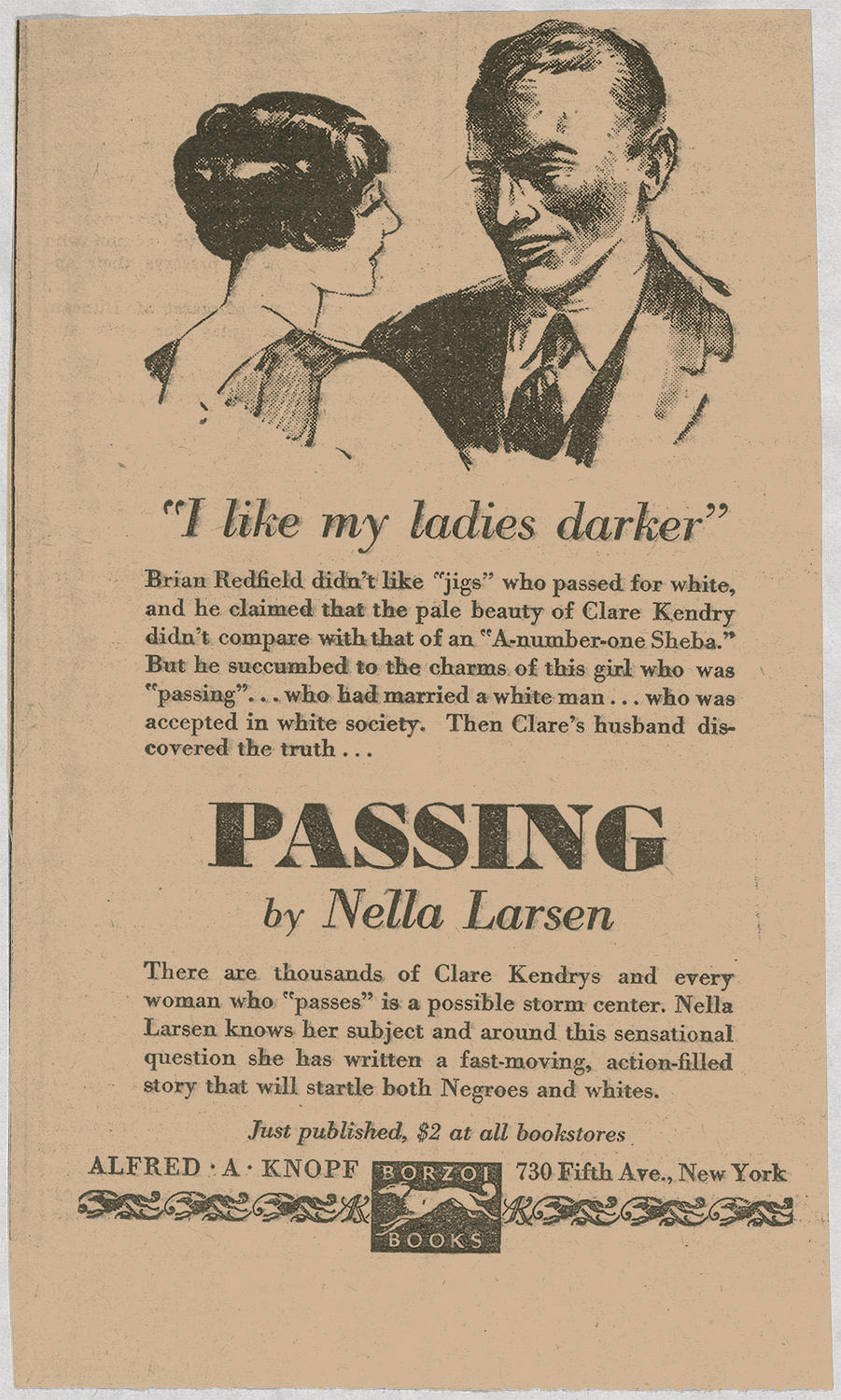WELL! WELL!
Goldsboro Weekly Argus
Goldsboro, North Carolina
Thursday, 1895-02-28 (Volume XVI, Number 67)
page 1, column 3
Source: Chronicling America: Historic American Newspapers. United States Library of Congress.
Well, well, well!
“Where are we at?”
The sudden death of Frederick Douglas, the foremost negro in America, not by deserts but by the combination of fortuitous circumstances, occurred at his home in Washington, D. C., Wednesday night, and yesterday the Rep-Pop-Fusion House of Representatives of the General Assembly of North Carolina adjourned in his honor.
Fred Douglas as every one knows, was a mulatto, who was born a slave, but ran away at the age of 21 and made good his escape to New York. He had acquired a pretty fair education in his slavery days, which aided him in engineering his escape and helped him in his thus acquired freedom to gain notoriety. He leaped into prominence at one bound—at an anti-slavery meeting in Nantucket in 1841, where he made a speech, and delivered himself with such force and venom against the South that he was at once employed by the “Massachusetts Anti-Slavery League” to take the lecture field m behalf of the emancipation movement, that culminated in the war between the States.
After the war Douglas pressed himself into the field of politics, with his past prestige to give him force, and was made secretary of the San Domingo Commission, in 1871, under President Grant; and in 1872 he was one of the Republican Presidential electors of New York.
Subsequently he was for a number of years, until the Republicans went out of power, Register of Deeds for the District of Columbia, and while incumbent of that office married a white woman.
When President Harrison came into power he made Douglas U.S. Minister to Hayti.
This is the record in brief of the man who, though a negro himself, eschewed his own race and attempted to promulgate amalgamation, by marrying a white wife:—this is the man, “neither fish nor fowl,” as to race, but very foul always in his abuse of the South, in whose “honor” the lower House of the General Assembly of North Carolina, by the majority vote of its Rep-Pop fusion contingent, adjourned yesterday.
Wonder what Senator Marion Butler’s Etheopean will have to say about this action of his Russell-Pearson-Skinner Butler-Kitchen-ridden “Co-operative” Legislature.
Truly are we fallen on strange times in North Carolina.
Miscegenation Endorsed.
Several weeks ago a proposition was made in the General Assembly to adjourn in honor of Robert E. Lee, on the occasion of his birthday. This resolution was voted down, although by enactment of a prior Legislature Gen. Lee’s birthday is a public holiday in the State, and the public buildings are closed on that day.
Yesterday a resolution was introduced to adjourn until 10 o’clock on Saturday in order to pay respect to the memory of George Washington, whose birthday is also a legal holiday. This was voted down.
At the same session that the resolution to adjourn in honor of Washington was voted down, the following resolution, introduced by Crews, colored, of Granville, was adopted:
Whereas, The late Frederick Douglass departed this life on the 20 inst.; and whereas, we greatly deplore the same; now, therefore,
Resolved, That when this House adjourn, it adjourn in respect to the memory of the deceased.
These three dates—the birth of Lee, the birth of Washington, and the death of Douglass are compassed in one month. This General Assembly, deliberately and after debate, voted down the resolutions to honor the memory of the Father of his country, and Robt. E. Lee, who, with Grant, was among the heroes of Chepultapec, and the commander of the armies of the South, but put on record, in the journals of the House, a resolution of adjournment “in respect to the memory of Frederick Douglass.”
This action is equivalent to saying:
“Washington—
Lee—
Douglas—
these three, but the greatest of these is Douglas.”
This action, more correctly than any other official proceeding of this Legislature, shows the spirit of this body.
Fusion is a marriage of two parties having no principles in common.
The endorsement of the miscegenation leader is the legitimate heir of this union. —Raleigh News & Observer




